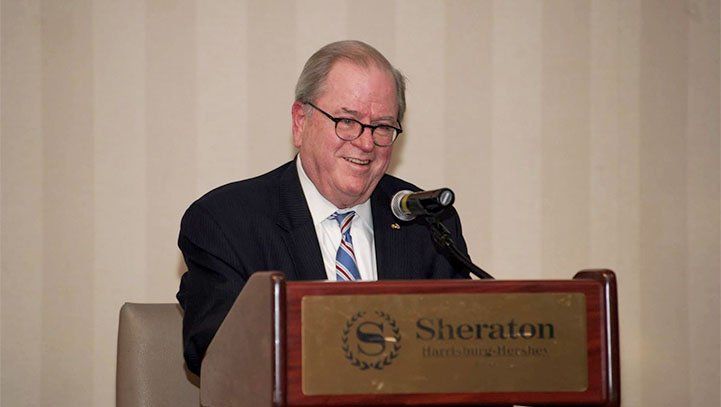
July 5, 2016
In a divided decision, the Supreme Court rendered a ruling that judges must recuse themselves from cases in which they have previously played a substantial role in prosecuting the individual appearing before them. The decision came after retired Pennsylvania Supreme Court justice, Ronald Castille, ruled on the appeal of a death-row inmate, Terrance Williams, whom Castille had helped prosecute and sought the death penalty for nearly 30 years earlier.
The complicated case against Williams, a teenaged star football player, dated back to the mid-80s when he was convicted of murdering a church deacon and setting his body on fire. Originally, the crime was connected to a robbery, but during the appeals process, lawyers found evidence that the teen had been sexually molested by the victim. However, the defendant did not provide this information to the court. A lower court ruled that the prosecution suppressed evidence in the original trial, although Castille was unaware of it.
In his latest appeal, Williams filed a response asking for Castille to recuse himself or to refer the motion to the full court for a decision, but Castille denied the response without explanation. As a former district attorney, Castille felt that he should not be recused from every one of the thousands of cases that he prosecuted out of the Philadelphia District Attorney’s Office. The majority of the justices disagreed with Castille’s point of view. Justice Anthony Kennedy wrote the majority opinion and asserted that Castille should have removed himself from the case to avoid the obvious conflict of interest. He summarized that a judge’s previous representation of the people against a defendant could show possible bias against him or her, rendering the case unconstitutional. The Supreme Court decision means that Williams should receive a new hearing.
The federal government protects defendants in case of a conflict of interest in a case, such as a judge who was involved in a criminal prosecution. Additional examples of possible conflicts of interest include a significant financial stake in the case or a family relationship to either attorney. Larry Bellomo is an Orange County bankruptcy attorney with over three decades of experience representing the southern California communities in their legal issues.






